
Ouch! Why Does My Cat Suddenly Bite Me?
While stroking your cat and witnessing her contented expression, indicating her enjoyment, she abruptly seizes your hand in her mouth. What could have transpired?
Cats tend to have issues with proximity and can become overstimulated rather swiftly. If you have experienced a cat that swipes or bites during affectionate petting, you're familiar with this behavior. One moment, she's inviting attention, and the next, she's signaling for it to cease immediately. This sudden shift often arises from conflicting feelings. Many cats experience both affection and aversion to touch, and which sentiment prevails can fluctuate from one moment to the next.
To prevent being bitten during what should be a loving petting session, it's essential to understand what triggers your cat's sudden biting, interpret her body language, and learn how to pet her safely.
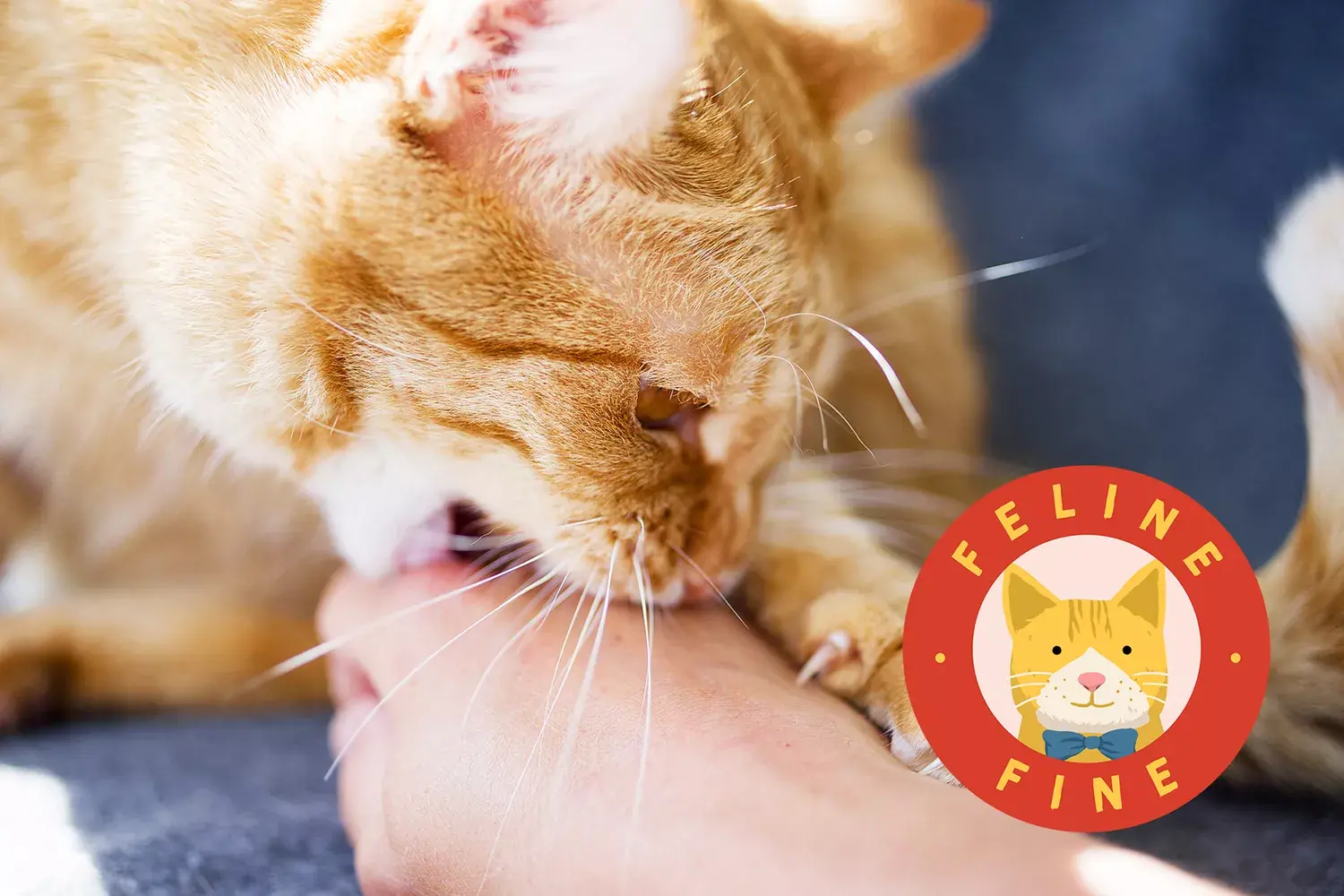
Why Do Cats Bite?
There are many reasons cats bite, from love and affection to fear and frustration. While cat bites may all hurt the same on the human end, you can pay attention to your cat's body language and other clues to let you know what caused the sudden bite—and prevent it from happening again.
Frustration
Cats, in contrast to humans, possess constrained impulse management and emotional regulation abilities, rendering them prone to becoming easily frustrated. Instances such as excessive petting can trigger frustration in cats. Nonetheless, lacking verbal communication, cats resort to expressing their emotions through body language, sometimes resorting to biting.
A cat experiencing frustration typically exhibits warning indicators such as holding its tail straight out, vocalizing, flicking its tail, or dilating its pupils. Recognizing any of these signals suggests it's advisable to allow the cat some distance.
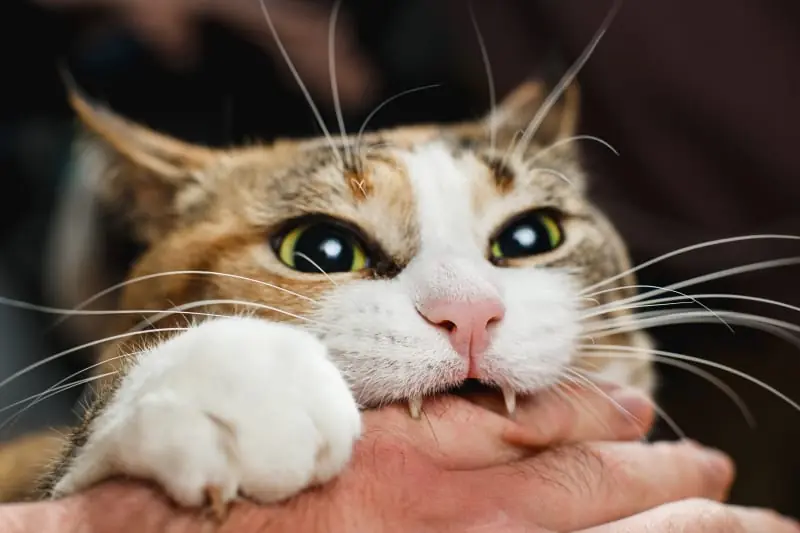
Attention
Cats might resort to biting not only to reduce attention but also to seek more attention! If your young cat bites you and then heads towards a toy or food bowl, she likely aims to engage you in play or ask for a treat. In such instances, it's advisable to deter the biting by withholding the desired response right after the biting occurs. Nonetheless, her intention is likely valid, so ensure she receives adequate playtime daily and offer enriching activities for her to engage in when you're occupied.
Playfulness
Playful kittens often engage in biting behavior as they interact, leading to occasional gentle love bites from a feline eager to enjoy some playtime. Although adorable during kittenhood, it's advisable to guide this behavior towards cat toys to prevent them from persisting in using fingers, wrists, and ankles as playthings as they mature.
Moreover, cats possess inherent hunting instincts and require outlets to channel their prey drive regularly. Inadequate playtime or insufficient enriching toys may prompt them to seek out prey-like targets within your home, often resulting in attacks directed at ankles and feet.
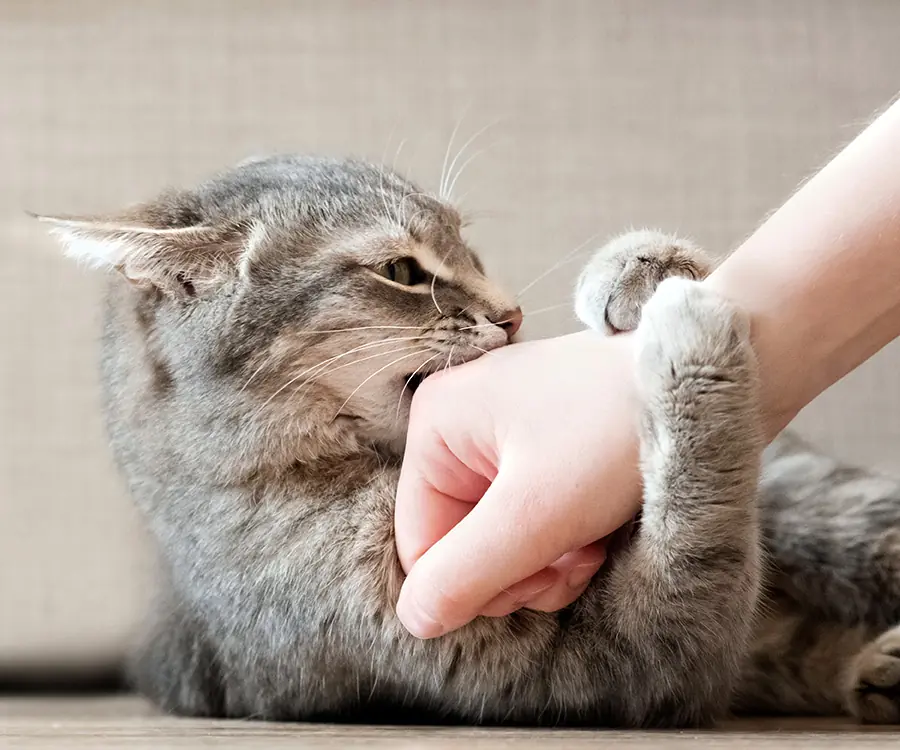
The Right Way to Pet Your Cat
We all aim to prevent getting bitten, and fortunately, there's a proper method for stroking a cat that can decrease the likelihood of being nipped. Undoubtedly, there are cats who thoroughly enjoy endless petting sessions, some who tolerate only a brief touch, and others who fall somewhere in between. It ultimately boils down to individual preferences. Interestingly enough, people exhibit similar variations. Some are highly tactile, while others prefer more distance, with countless others falling somewhere in the middle.
Before initiating contact with a cat for the first time, it's essential to proceed slowly and introduce yourself. Allow the cat to sniff your hands to assure her you pose no threat before initiating physical contact. Most cats favor gentle strokes on the head, neck, and chin, making these ideal starting points. While it's tempting to lavish cats with attention indefinitely, it's wise to limit petting, especially if you're unfamiliar with the cat, to prevent potential frustration.
Understanding your own cat's preferences entails closely observing their body language during petting sessions. Gradually experiment with longer durations of petting and different areas. While many cats prefer to avoid having their belly, legs, and tail touched, every cat is unique. You might even discover that your cat is an enthusiastic belly rub enthusiast!
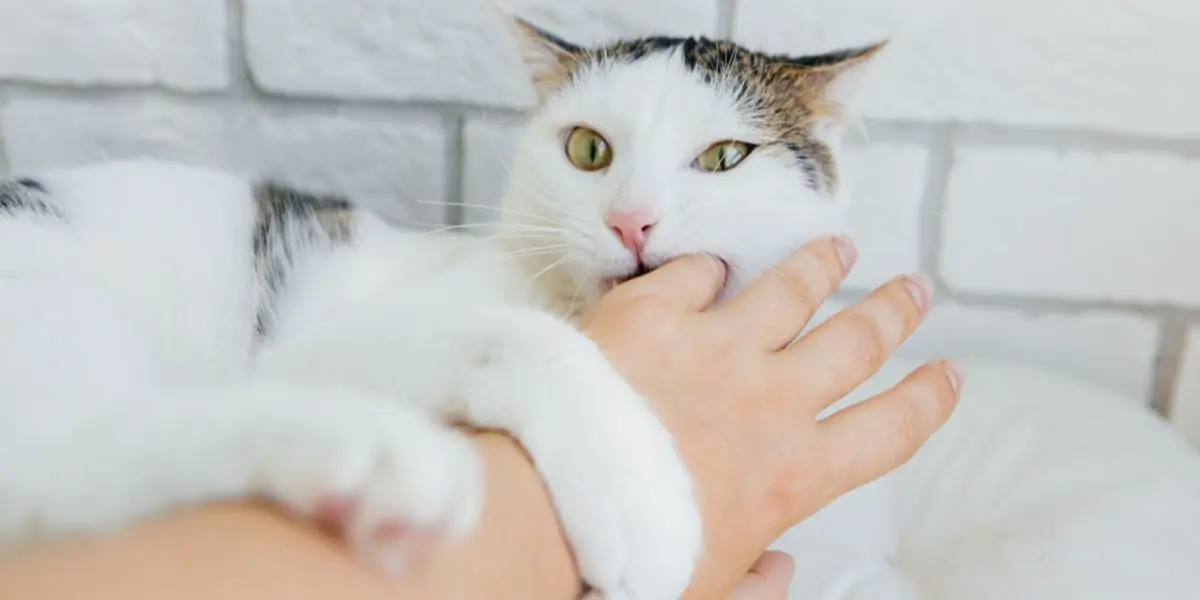
How To Tell if Your Cat Is About To Bite
Because cats often suddenly bite out of frustration, it's important to learn their body language clues before a bite. Each cat has their own ways of saying, "I've had enough," or "Don't touch me there." Sometimes they just move away. Sometimes it's more subtle, like a whisper.
Some feline versions of "I've had enough" look or sound like this:
- She may vocalize (other than purring).
- Her ears may go back, sideways, or flat.
- She may start to flick or lash her tail.
- Her skin may twitch.
- Her pupils may dilate or look like slits.
- Her claws may come out.
- Her whiskers may come forward.
- Her legs or shoulders may become stiff.
- She may look at your hand.
- She may raise her paw.
If you don't heed these whispers, your cat has to shout—with a hiss, swat, or bite.
To learn your cat's signal for I've had enough, pet her gently only when you can look right at her—not when you're watching TV or talking on the phone. Watch for even the slightest change in your cat. As soon as you see it, stop petting. If you're not sure, stop petting anyway.
Remember to Respect Your Cat's Preferences
If you're unsure about interpreting your cat's body language regarding her boundaries, focus on building trust. Offer gentle pets twice, then withdraw your hands. If she chooses to remain nearby, wait a short while before petting her again twice. Leaving her wanting more demonstrates that you won't overwhelm her, leading to relaxation and the possibility of gradually increasing affection.
As you become familiar with your cat's preferences and honor them, a positive shift occurs: she becomes more receptive to affection. Recognizing that you'll cease when she indicates, she feels more secure and less conflicted about interaction. She learns that she can communicate subtly without resorting to biting and trusts you to understand.
It's vital to acknowledge that companion animals have autonomy over touch—when, where, and for how long. Respecting these boundaries is crucial for fostering trust and avoiding confrontations like biting.
News in the same category


My Daughter’s Lookalike Neighbor Sparked Cheating Fears, But the Truth Was Worse

Two Teens Mock Poor Old Lady On Bus

Shocking: Savannah Miller, 24, Forgot Her Tampon Inside Her for a Month

What Makes a Man Leaves His Wife For Another Woman

Why Germany Makes New Dog Owners Take a Test
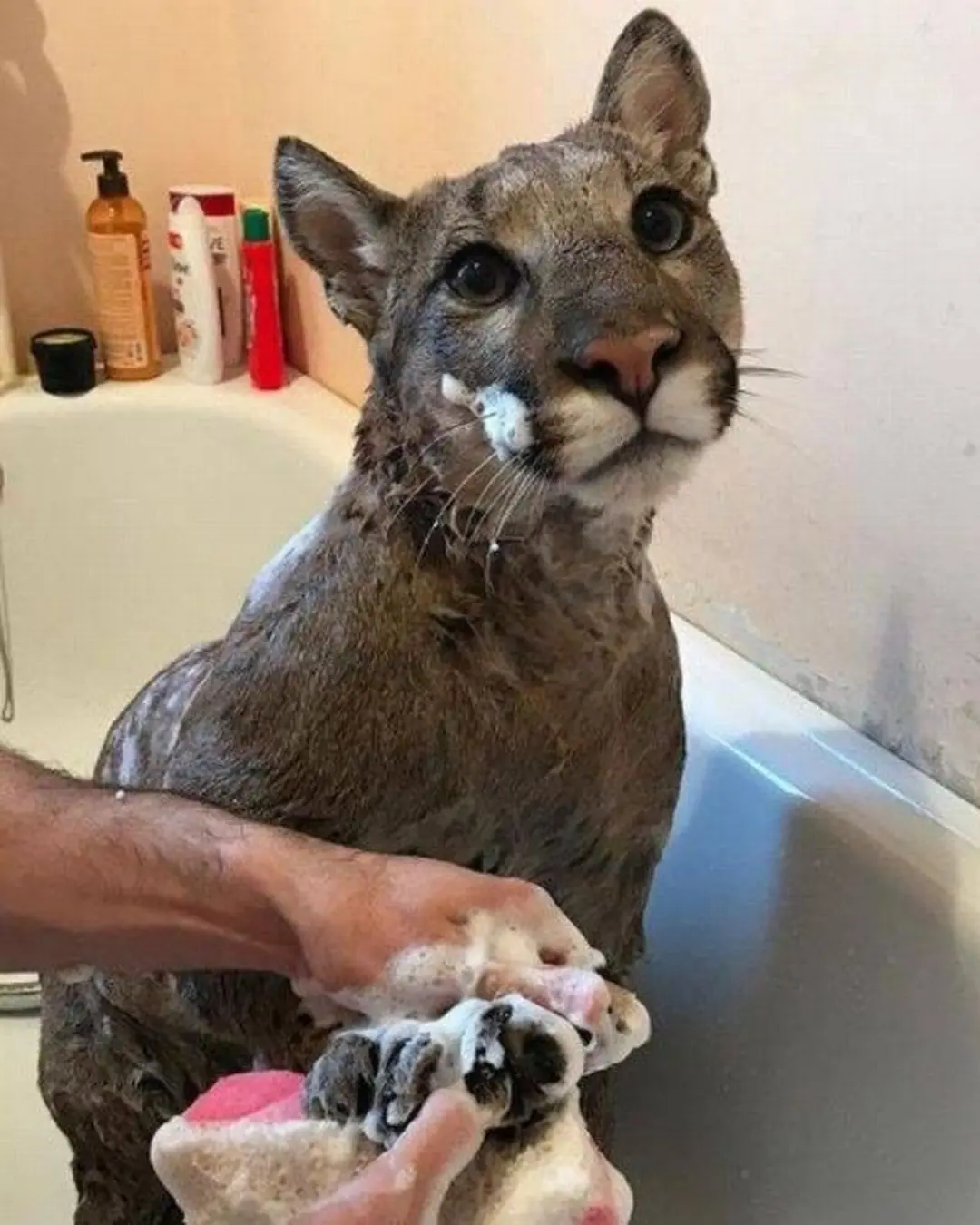
The Second Life of Lions — Finding Freedom After Rescue.

“The Cry That Saved Us”: The Night Two Fort Worth Officers Refused to Give Up.

Six Prisoners, One Fallen Officer, and a Choice That Revealed Their True Hearts.

“The Unlikeliest Friendship in the Wild”: The Capybara Who Rode an Alligator.

A Mother Who Survived the Unsurvivable: The Story of Motola and Her First Steps Toward Hope.

A Mother’s Promise: The Elephant Who Refused to Leave Her Baby Behind.

The Woman Who Became a Mother to Elephants.

Raju’s Tears: The Elephant Who Waited 50 Years for Freedom.

“You’re Not Alone Today” — A Thanksgiving Story That Quietly Broke the World’s Heart.
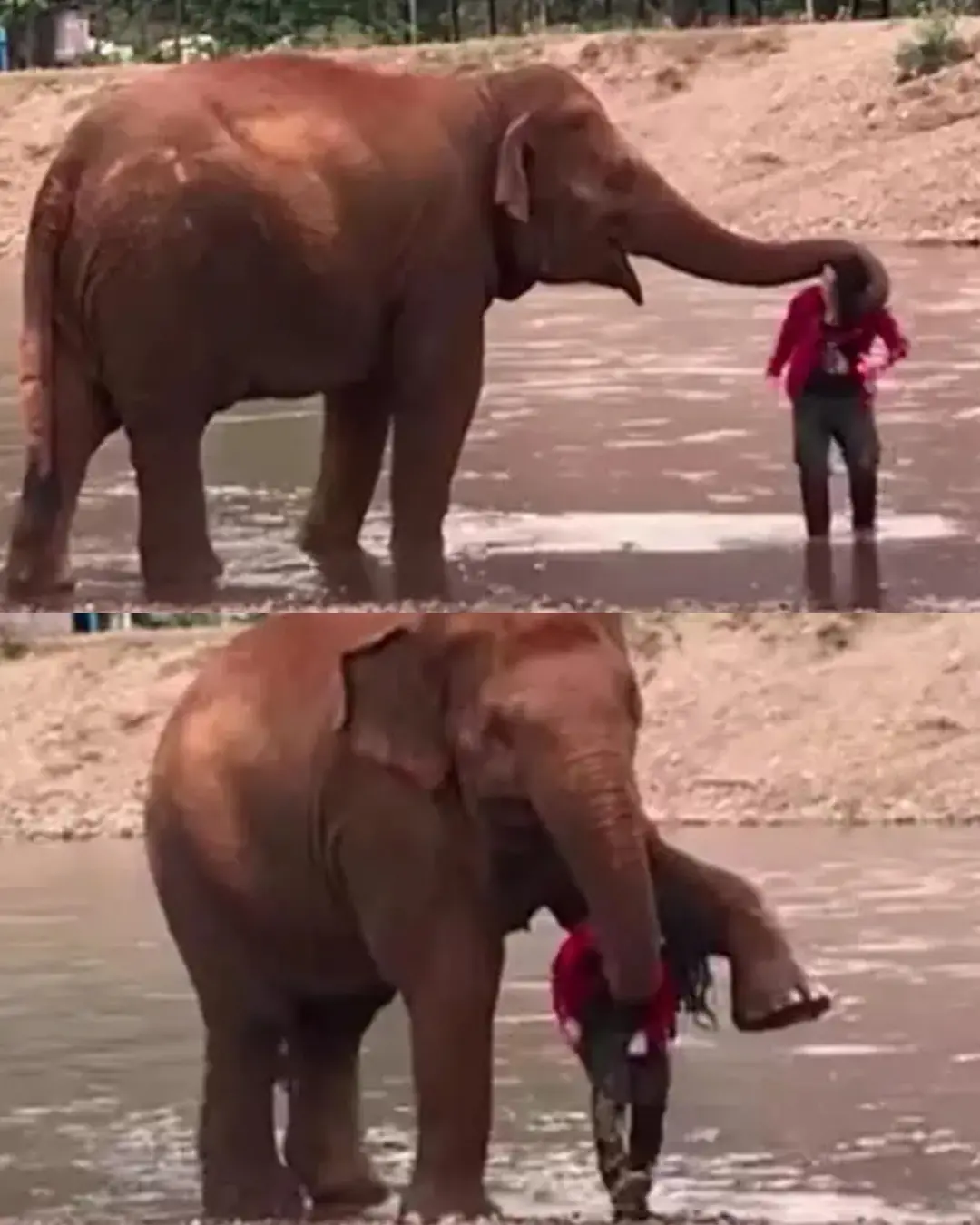
The Elephant Who Loved Too Much.

The Man Who Delivered More Than Heat.

The Little Elephant Who Found a Fountain of Joy.

The Month the Sky Fought Back: A Story From Tsavo.

The Month the Sky Fought Back: A Story From Tsavo.
News Post

5 Ancient Ayurvedic Remedies That May Help Cleanse Clogged Arteries Naturally

Bee Venom Shows Promise in Destroying Aggressive Breast Cancer Cells in Under 60 Minutes

Dog Swept Away by Typhoon Floods in the Philippines Miraculously Finds His Way Home After Two Weeks

China Tests Jumbo-Sized Hypersonic Jet Reaching Mach 6.5, Redefining Ultra-Fast Air Travel

How to Grow Rosemary Abundantly at Home: Your Aromatic, Memory-Supportive Garden Ally

Blood pressure creeping up? 10 natural fixes before meds

What does it symbolize when a person who passed away appears in your dream
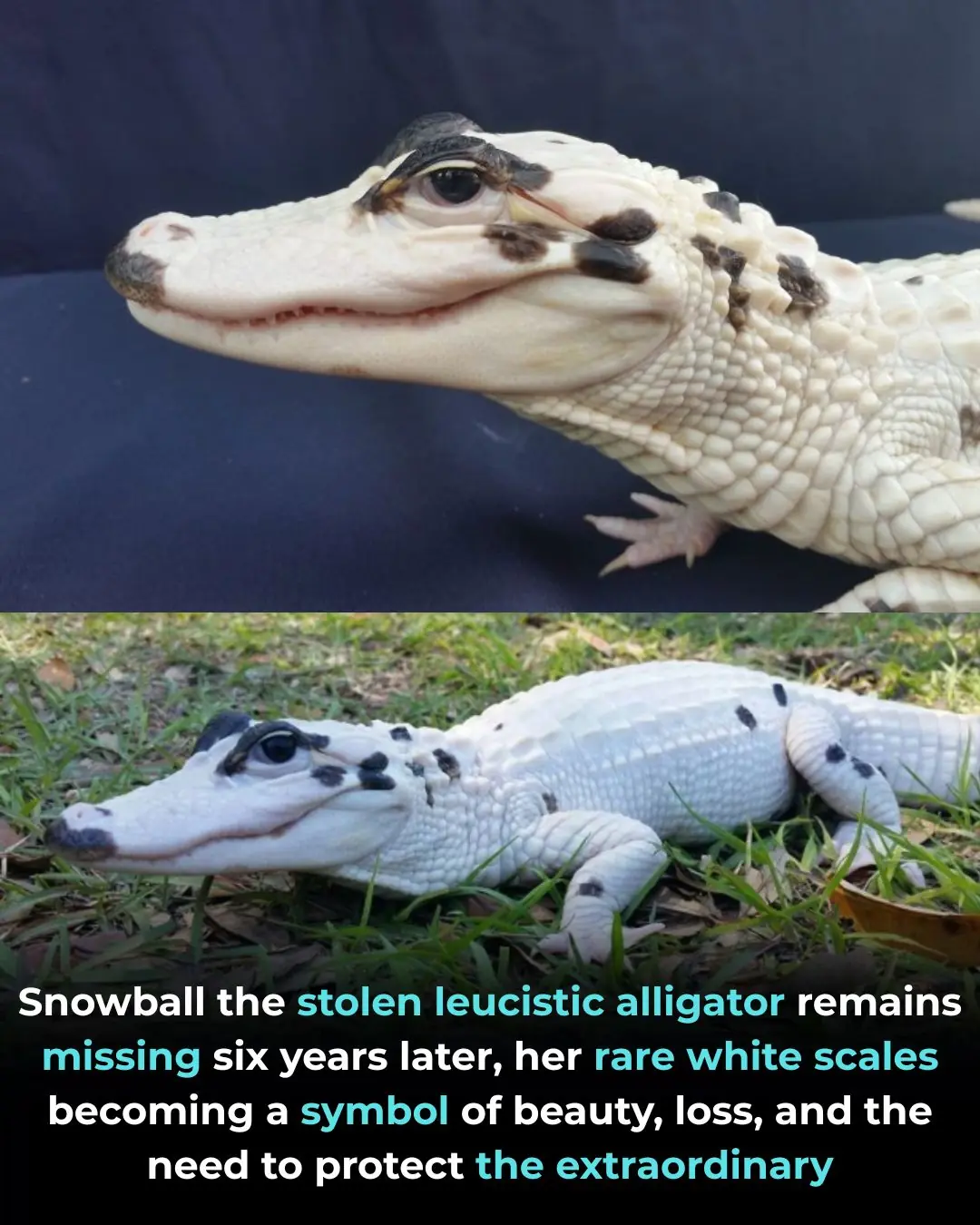
Snowball the Leucistic Alligator: A Rare Living Wonder Lost to Human Greed

Scientists Identify a Low-Cost, Widely Available Antidote That Could Reduce Cobra Venom Damage

China Uncovers a “Supergiant” Gold Deposit in Hunan, Potentially Reshaping Global Supply

Brain Pacemakers and Alzheimer’s: How Deep Brain Stimulation Could Slow Memory Loss

Your Breath Is a Biometric Signature: How Breathing Patterns Can Identify Individuals and Reveal Mental Health Clues

Tree-Climbing Crocodiles: New Research Redefines What We Know About Ancient Predators

Revolutionary Microneedle Patch Offers Hope for Natural Tooth Regrowth

Revolutionizing Communication: Danny Manu's Mymanu CLIK Breaks Language Barriers Worldwide

🫁 The Real Causes of Constant Phlegm and Mucus in Throat — And How to Get Rid of It

The Hidden Danger on Your Fruit — and the Simple Method That Can Make It Safer
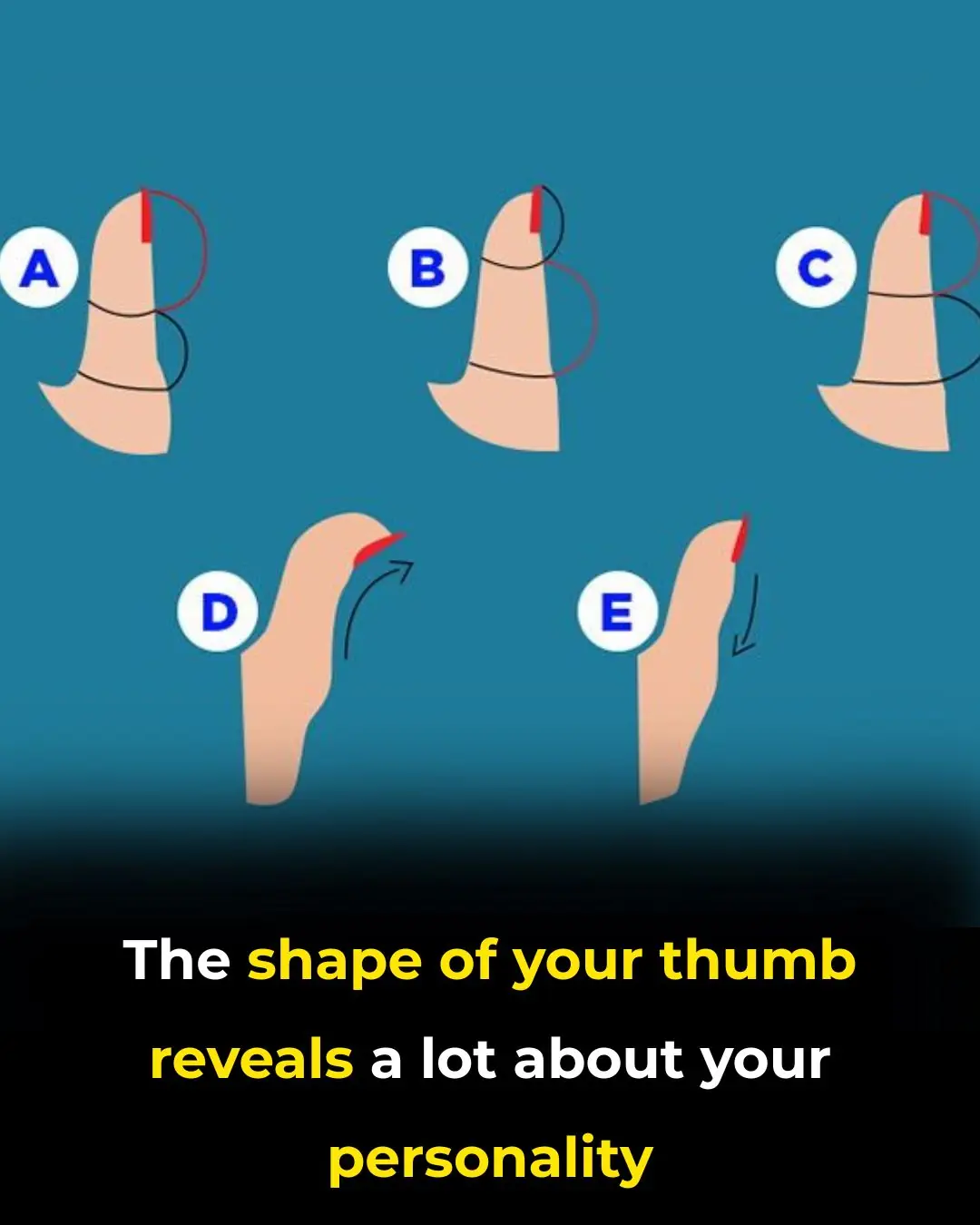
The Secrets Your Thumb Shape Reveals

5 Signs Your Lungs are Being Exposed to Mold
